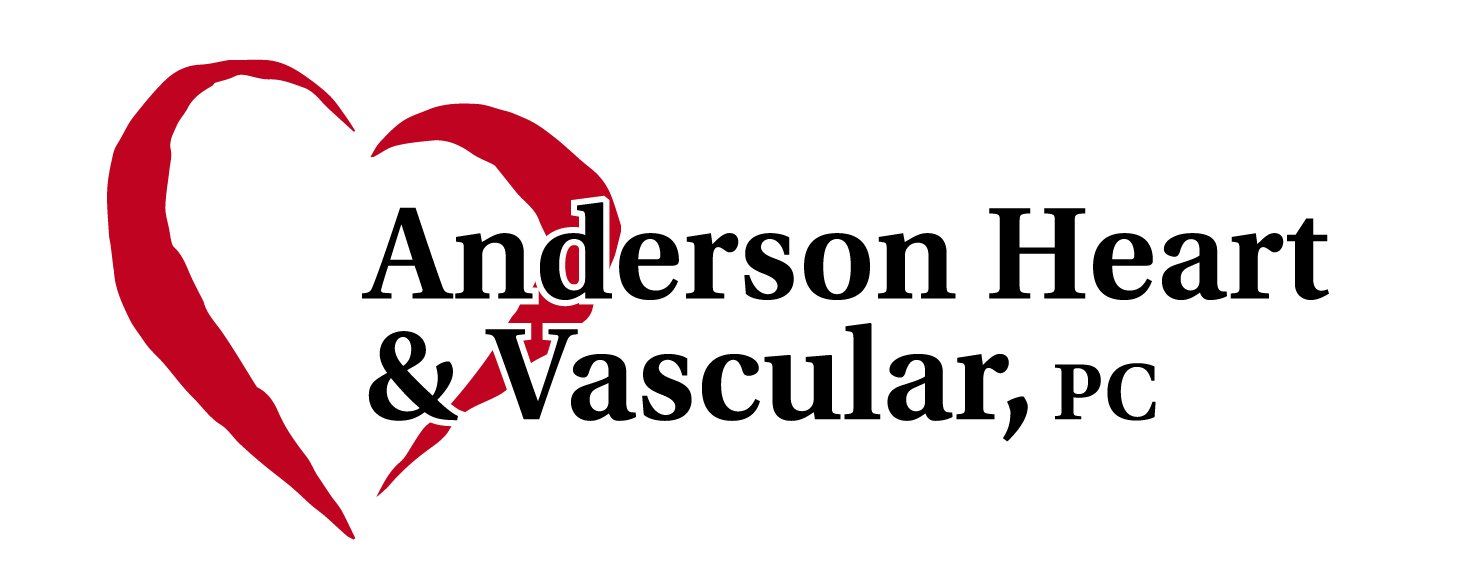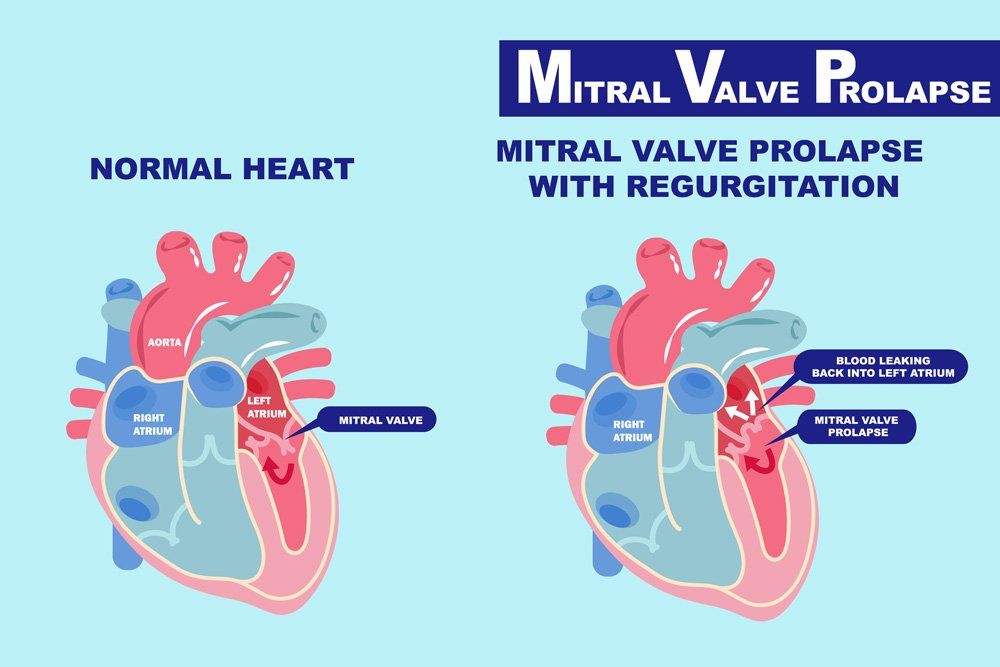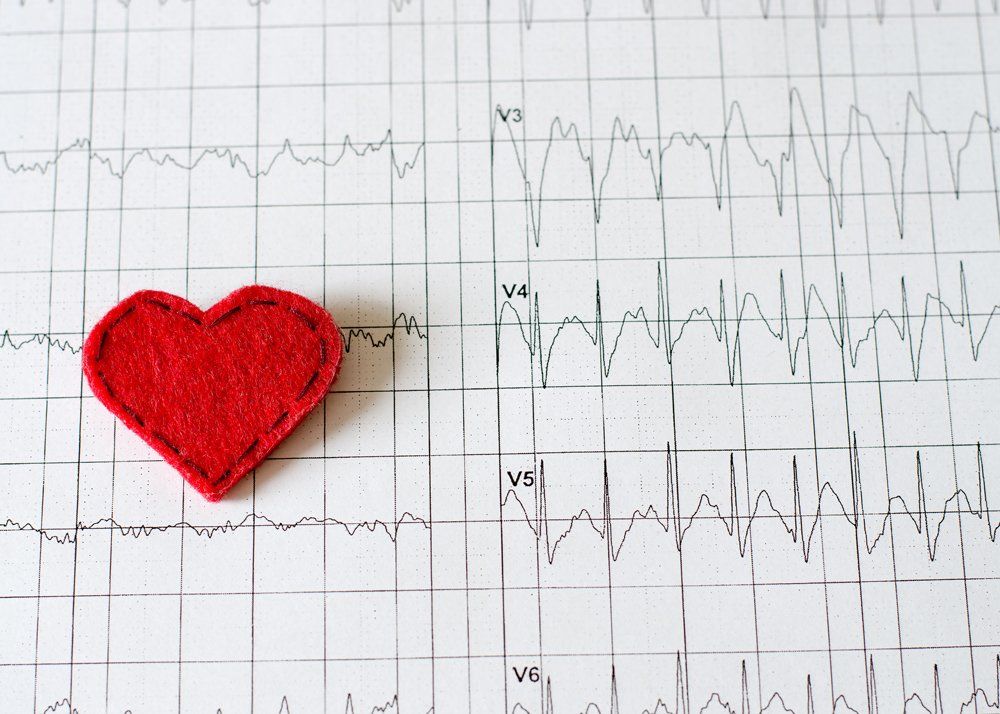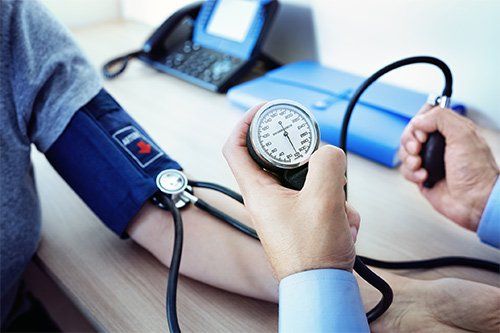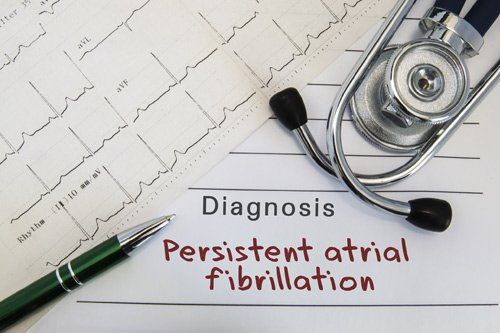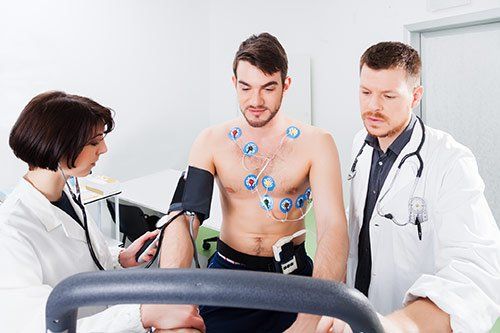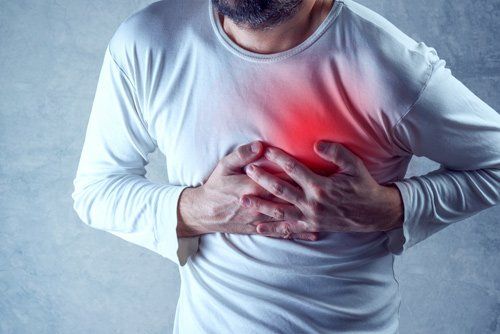Call 864-261-7474
Today
To schedule an Appointment
Blog Post
How Smoking Increases Stroke Risk and How Carotid Ultrasounds Help
- By Admin
- •
- 31 Mar, 2019
- •

Cigarette smokers face a multitude of health issues that threaten their well-being and even sometimes their lives. The worst of these issues typically occur in the heart. For example, carotid artery disease occurs in many smokers and may increase their stroke risk in unexpected and excessive ways. Thankfully, diagnosis with carotid ultrasound machines can help focus treatment.
Carotid Artery Disease Increases Risk of Stroke
The carotid arteries move a large amount of blood through the body and are among the most important elements of the cardiovascular system. Unfortunately, individuals who smoke seriously damage these arteries and greatly increase their risk of death. Some experts state that people who smoke
double their chances of stroke death, though every extra cigarette increases that risk even further.
This issue occurs because of the ways smoking increases a person's risk of carotid artery disease. Fully understanding the effects that smoking even a single cigarette has on the carotid artery will help a person better understand their diagnosis and treatment options.
Smoking Triggers Carotid Health Issues
When a person inhales on a cigarette, they cause their heart to race faster than normal. As a result, the blood vessels in the body will constrict and damage the inner lining of the arteries, vessels, and veins that carry blood through the body. This damage can slow the flow of blood on its own but combines with other issues to increase stroke risk.
For example, damaged artery walls will slow the flow of plaque and fat through the arteries. And when this flow is slow, these items are more likely to stick to the sides of these arteries. As a result, a person's carotid arteries are more likely to narrow, increasing an individual's risk of severe stroke or heart attacks.
Carotid Ultrasound Machines May Help
Lifelong smokers worried about their heart health should get tested with a carotid ultrasound machine as soon as possible. These diagnosis machines show doctors the inside view of the body and provide them with an in-depth look at how well blood flows through a person's arteries and veins. For example, the diagnostic specialist will examine the carotid arteries to see how fast blood flows through them.
If these specialists notice that the blood is slow or the veins constricted, they can prescribe a treatment method to minimize the risk of stroke. Thankfully, this diagnostic tool is in no way invasive and is available in an outpatient setting. However, treatment will vary depending on the severity of the artery restriction and the overall health of the patient.
Different Treatment Options Are Available After Diagnosis
Smokers with carotid artery disease need to quit smoking as soon as possible and get high-quality treatment to minimize their risk of stroke. For example, losing weight, eating healthy foods, and exercising can help a person improve their heart health and avoid the risk of stroke. However, heart specialists may also prescribe medications to lower blood pressure and cholesterol.
In some cases, carotid endarterectomy may be necessary for this disease. This surgery includes opening up the affected artery and removing the blockage. Other treatments, such as stenting, help to open up the arteries and minimize stroke risk. Thankfully, these treatment options are minimally invasive and rarely cause serious complications.
Medical Professionals Can Help
Active smokers or even those who quit years ago shouldn't ignore the dangers of this issue. So if you have symptoms of carotid artery disease and are worried about your stroke risk increasing, please don't hesitate to call or visit us at Anderson
Heart & Vascular, PC, today to learn more. Our specialists will provide you with the care you need to improve your heart health.
Share
Tweet
Share
Mail
Business Hours:
- Mon - Fri
- -
- Sat - Sun
- Closed
Share
Tweet
Share
Mail
Share
Tweet
Share
Mail
Content, including images, displayed on this website is protected by copyright laws. Downloading, republication, retransmission or reproduction of content on this website is strictly prohibited. Terms of Use
| Privacy Policy
